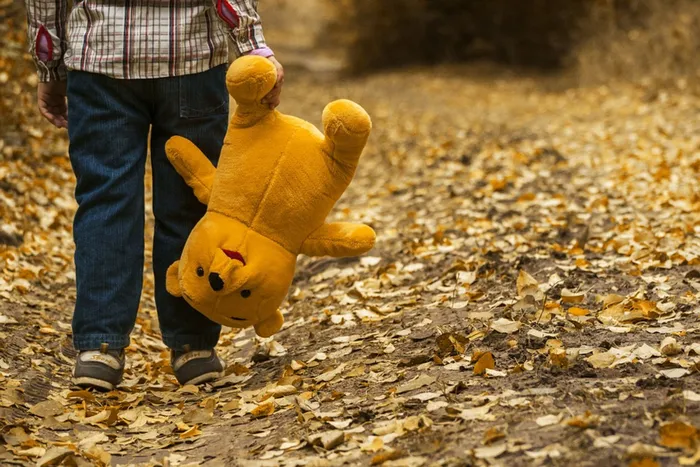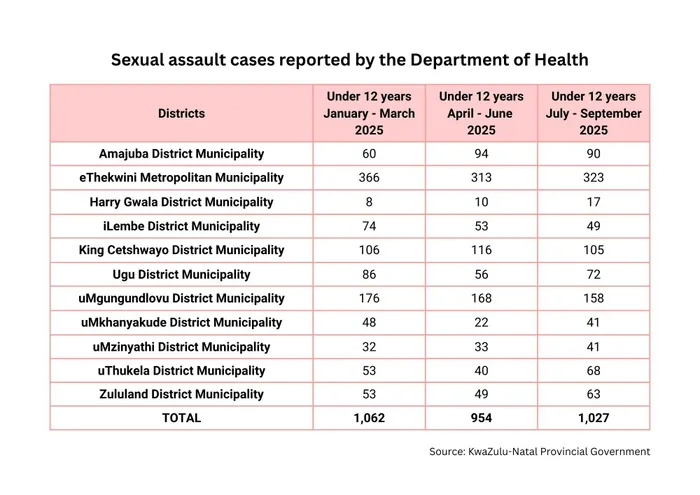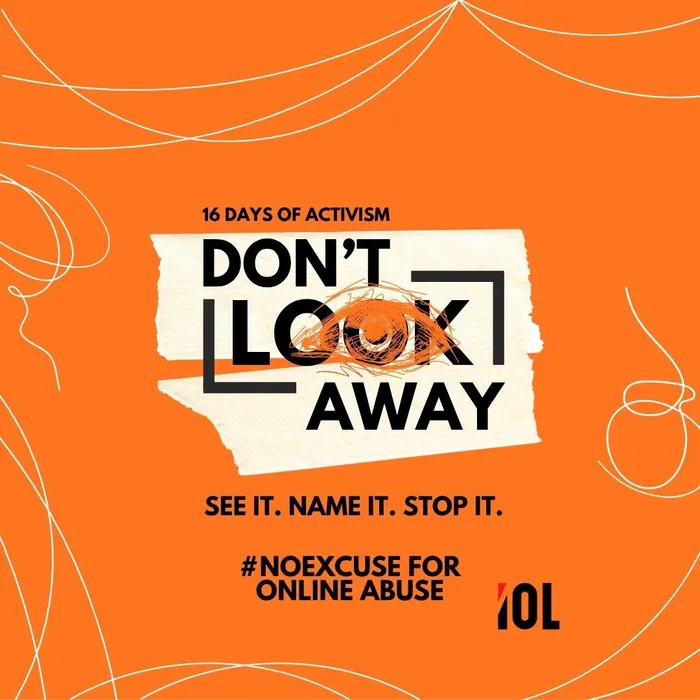Shocking rise in child sexual assault cases reported in KwaZulu-Natal

Over 3,000 cases of sexual assault were reported in KwaZulu-Natal in the first nine months of 2025.
Image: Pixabay/File
In a distressing revelation that underscores a growing crisis, the Department of Health in KwaZulu-Natal reported over 3,000 cases of sexual assault involving children under the age of 12 between January and September 2025.
Dr Sabelo Gwala, Deputy Director-General: Stakeholder Coordination in the Office of the Premier, presented these figures at the recent Provincial Council on AIDS meeting.
The findings reveal a trend of rising sexual violence against children, particularly in the eThekwini, King Cetshwayo, and uMgungundlovu districts, which registered the highest numbers of reported cases.
According to the presentation, across the 10 districts and one metro, 1,062 cases were reported between January and March, 954 between April and June and 1,027 between July and September.
Harry Gwala, King Cetshwayo and uMzinyathi districts saw an increase in sexual assault matters between April and June.
However, Amajuba, iLembe, King Cetshwayo, and uMgungundlovu registered decreases in sexual assault cases between July and September.
Additionally, eThekwini, Harry Gwala, Ugu, uMkhanyakude, uMzinyathi, uThukela, and Zululand districts had increases in sexual assault cases between July and September.

Statistics reveal a troubling trend: The rise of sexual violence against children in KwaZulu-Natal’s districts.
Image: Thobeka Ngema
Reacting to the statistics, Childline KZN director Adeshini Naicker discussed alarming statistics of sexual assault against children under 12 in KwaZulu-Natal, specifically in eThekwini, King Cetshwayo, and uMgungundlovu.
“These statistics are deeply alarming, particularly as they involve children under 12. The high numbers in eThekwini, King Cetshwayo, and uMgungundlovu reflect serious risks for young children and show that many are being harmed by people they know and trust. These cases are not just figures; each one represents a child who has suffered severe trauma and urgently needs protection,” Naicker said.
She attributed eThekwini’s high statistics to its size and population, which meant more cases reach hospitals and clinics, but social pressures also play a role. Additionally, overcrowding, poverty, substance abuse, and high levels of family stress contribute to greater vulnerability for children.
“The numbers may also be higher simply because more children can access health facilities and therefore get recorded,” Naicker said.
On why it was the Department of Health that reported these sexual assault cases instead of the victims’ families, Naicker said many families do not report sexual assault because of fear, stigma, or pressure to “fix” the issue privately, especially when the perpetrator is known to them.
She said that in many cases, the abuse only comes to light when the child needs medical attention, which is why health professionals end up making the report.
With the festive season near, Naicker said it often leads to an increase in sexual assaults on children.
“Kids spend more time at home, often with less supervision, while adults consume more alcohol, and households become crowded. These conditions create more opportunities for abuse and reduce the safety net children rely on,” Naicker explained.
To curb the scourge of sexual assault on children, Naicker said stronger community awareness, better support for families, and fast, consistent action from police and social services are needed.
She said children must learn about body safety at an early age, and adults must take responsibility for reporting concerns.
“Most importantly, perpetrators must be held accountable so children know that speaking up leads to protection, not silence,” Naicker said.

The chilling surge in reported child sexual assaults in KwaZulu-Natal demands immediate action and reflects a crisis in community safety.
Image: IOL
KZN Premier Thamsanqa Ntuli said the statistics are a concern not only in eThekwini but the entire province.
“Those stats to me are quite unfortunate. We need to ensure that all the sectors in the society, whether in rural, township and urban, even in the informal settlements and hostels, are aware, and then not only be aware but agree on the role to play to try and protect children,” he said.
thobeka.ngema@inl.co.za